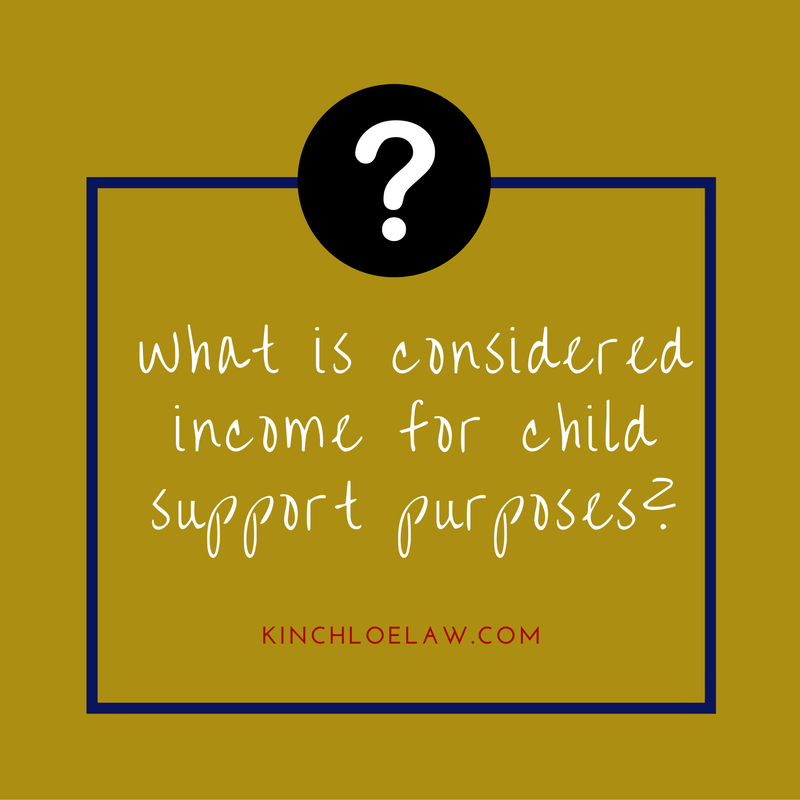FAMILY LAW BLOG
We provide helpful tips and information regarding family law matters in the state of Pennsylvania. The information on this blog does not constitute legal advice. You may contact us for a consultation. To receive regular updates from this blog, please subscribe below.
What is considered income for child support purposes?
What is considered income for child support purposes?
The first step in determining a support obligation is determining the parties' net income. The court will take monthly gross income and then deduct certain expenses to arrive at each parties’ monthly net income. The court will also consider other factors discussed below before determining the percentage of each parties’ support obligation.
What is considered income? The court uses a six-month average of all of the party’s income. Income includes, but is not limited to:
- wages, salaries, bonuses, fees and commissions;
- net income from business or dealings in property;
- interest, rents, royalties, and dividends;
- pensions and all forms of retirement;
- income from an interest in an estate or trust;
- Social Security disability benefits, Social Security retirement benefits, temporary and permanent disability benefits, workers’ compensation and unemployment compensation;
- alimony (in some circumstances); and
- other entitlements to money or lump sum awards, without regard to source, including lottery winnings, income tax refunds, insurance compensation or settlements; awards and verdicts; and any form of payment due to and collectible by an individual regardless of source.
There are certain exceptions or qualifications to be taken into consideration with the above list. Here are a few:
- Seasonal Employment. For example, if one person’s job is seasonal, the court will use the year average and not the six month average. In this situation, it is important to show a year’s worth of earnings to make sure that the gross income is not artificially low or high.
- Social Security Disability benefits. There are two types of Social Security disability benefits: Supplemental Security Income (SSI) andSocial Security Disability Insurance benefits (SSDI). Supplemental Security Income (and public assistance benefits, for that matter) are not considered income.
- Imputed Income. If an individual voluntary quits their job or refuses to work, the decision maker may compute an earning capacity to that individual.
What is deducted from income?
- federal, state, and local income taxes;
- unemployment compensation taxes and local services taxes;
- Social Security, Medicare and Self Employment taxes (FICA) and non-voluntary retirement payments;
- mandatory union dues; and
- alimony paid to the other party.
Once the court has arrived at the parties’ net monthly income as determined in 231 PA 1910.16-2, the court may also allocate other expenses such as childcare, medical insurance premiums, and other unreimbursed medical expenses between the parties. The court will consider other factors including the amount of custody shared between the parties and each party’s other support obligations to dependent children. The support guidelines will then be applied to determine each parties’ obligation.
As noted above, there are several exceptions and qualifications to many of the income resources and deduction rules. Contact us today for a free consultation to discuss the unique facts of your case.
Resources: PA 1910.16-2

